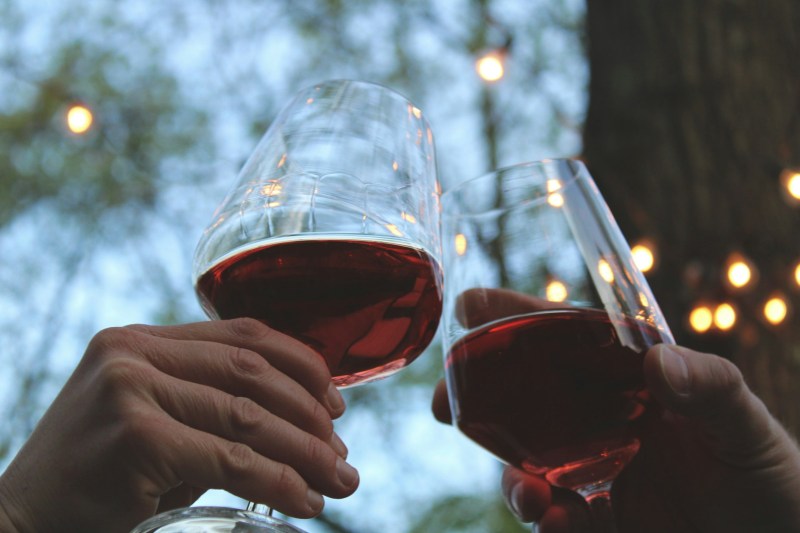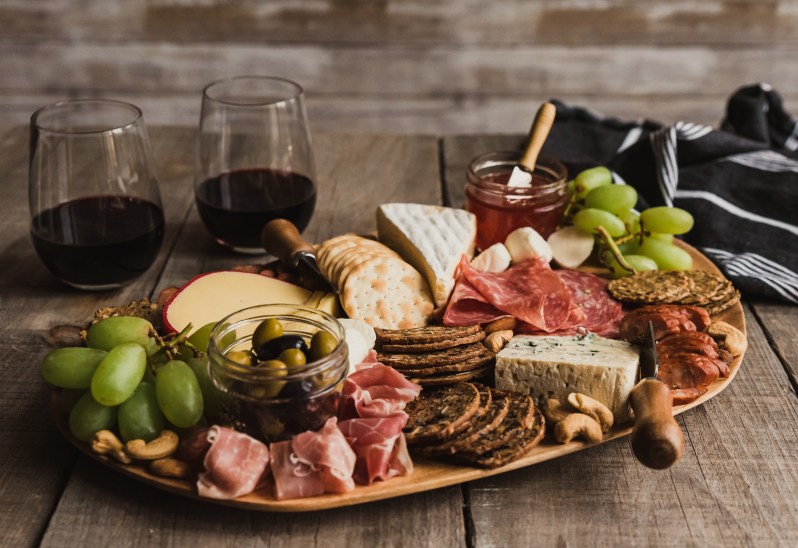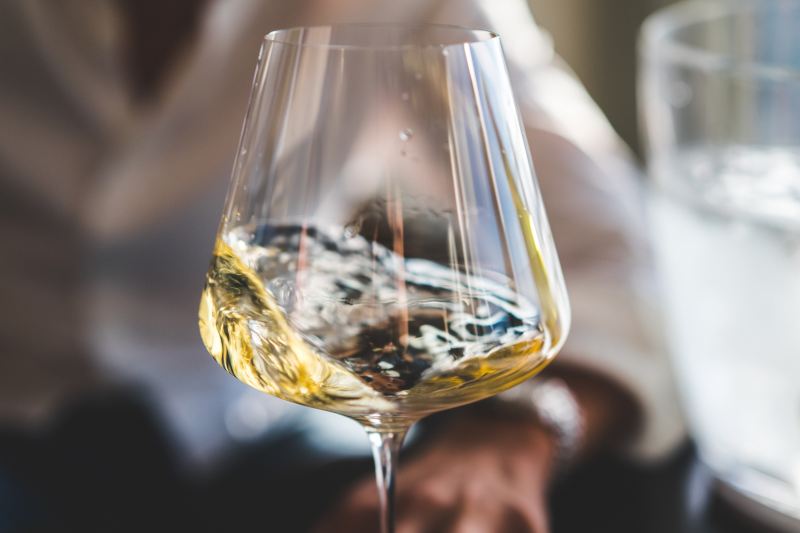
If you love to drink wine but seek a cleaner, healthier option, dry farm wines might be right for you. This sugar-free, organic, and additive-free wine may sound too good to be true — yet it exists. Dry, warm wines have identified the major problems within today’s wine industry and sought to create a wine that is both delicious and guilt-free. Plus, they even offer a wine subscription membership so you can keep the natural wine flowing! Let’s dive in and explore what this new “healthy” wine is all about.

Problems with the wine industry
The wine shelves at your local wine store might be full of different enticing labels and unique packaging, yet the majority of these brands contain significant levels of pesticides. Only 5% of all vineyards in the world are organically farmed, leaving the vast majority of consumer wines with harmful pesticides that most drinkers aren’t even aware of. Grapes are consistently part of the “dirty dozen,” an annual list by the Environmental Working Group that notes the produce that contains the highest level of pesticides. These pesticides used on grapes often include fungicides and insecticides, which ultimately end up in our delicious wine.
There are also 76 additives that winemakers in the U.S. are allowed to use in products, despite 12 of these being categorized as health hazards by the NIH. To make matters worse, wine bottle labels in the U.S. are not regulated. This means companies are not required to put ingredients or nutrition labels — so how do we really know what is in our wine?
What is dry farming?
Dry farming is a specific type of farming that produces crops in the dry season without irrigation. These crops use the water retained in the soil from natural rainfall. This method is not commonly used by farmers, as it has a much lower yield when compared to traditional farming methods. Dry farming can result in grapes that have a richer, more complex flavor. Choosing natural wines like Dry farm wines guarantees your wine was sourced from grapes grown by farmers using dry farm practices and nutrient-rich soils that do not contain pesticides or herbicides.

Why choose dry farm wines
Dry farm wines may sound too good to be true, but they’re truly a better choice for your nightly glass of wine. Unlike commercial wine companies that use additives, dry farm wines use no additives to produce a quality, clean wine for your enjoyment. Each wine is lab tested to ensure it contains less than 1g/L of sugar, less than 12.5% alcohol, and less than 75 ppm sulfites. The rigorous lab-testing process ensures the consistency of these high-quality bottles of wine.
But this is only one of the many reasons to opt for dry farm wines. Another reason dry farm wines are so popular is their lower sugar content. The fermentation process of these wines allows native yeasts to convert the naturally occurring sugar in grapes to alcohol. This process results in a wine that contains less than 2 grams per glass. For people on a ketogenic or paleo diet, sugar-free wines are a safe option to consume. This also means diabetics can safely consume a glass of wine without a major impact on blood glucose levels. Furthermore, people who wish to consume only organic products now have the option to enjoy a glass of wine straight from small family farms that use only organic farming practices.
Dry farm wines also offer wines that do not contain toxic additives such as food coloring, high-fructose corn syrup, and ammonia. If you’ve ever had a bad wine hangover, these additives might be the reason why.

What is the alcohol content of dry farm wines?
Another unique difference between dry farm wines compared to conventional wine is their alcohol content. Each of dry farm wine’s products contains 12.5% or less alcohol per serving. In comparison, most store-bought wines have about 14% alcohol. By containing less alcohol, you can enjoy the delicious taste of wine without having to consume as much alcohol. This is an attractive benefit for those who prefer not to consume too much alcohol or cannot consume much alcohol for medical reasons.

Types of dry farm wines available
Dry farm wines offer something for everyone to enjoy with a vast collection of red wines, white wines, rosé wines, and sparkling wine varieties. The red wine collection offers healthier variations of the classic wines you know and love, such as Pinot Noir, yet also includes delicious yet lesser-known wines such as Sangiovese. If you prefer white wine, the white wine subscription box includes Sauvignon Blanc, Pinot Grigio, and other favorites. There is also a box dedicated to all rosé wines and a box for sparking varieties as well. Unlike other wine brands, dry farm wines clearly label how much residual sugar is in each bottle, so you’ll know exactly what you’re consuming.
What’s unique about dry farm wines is their red and white mixed box, giving you options to select a variety of wines for every occasion. Whether you’re purchasing it for yourself or gifting a dry farm wine box, there’s certainly a great selection of guilt-free wines to choose from.



